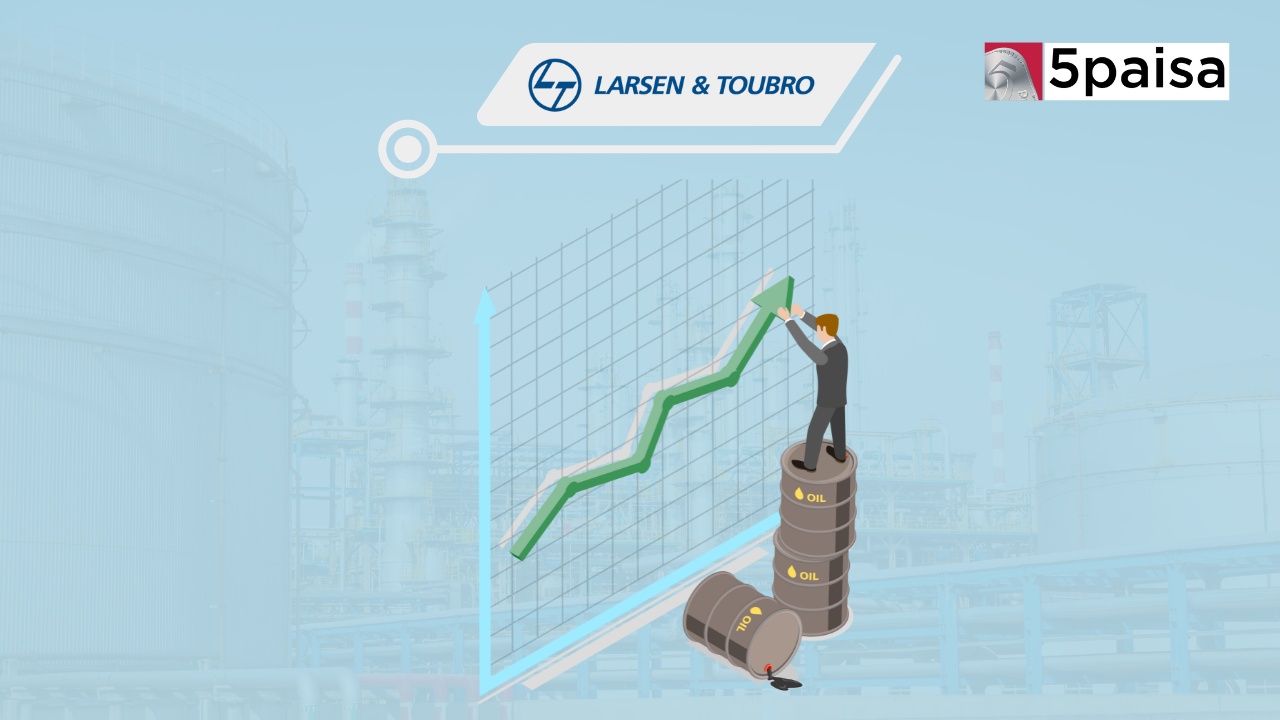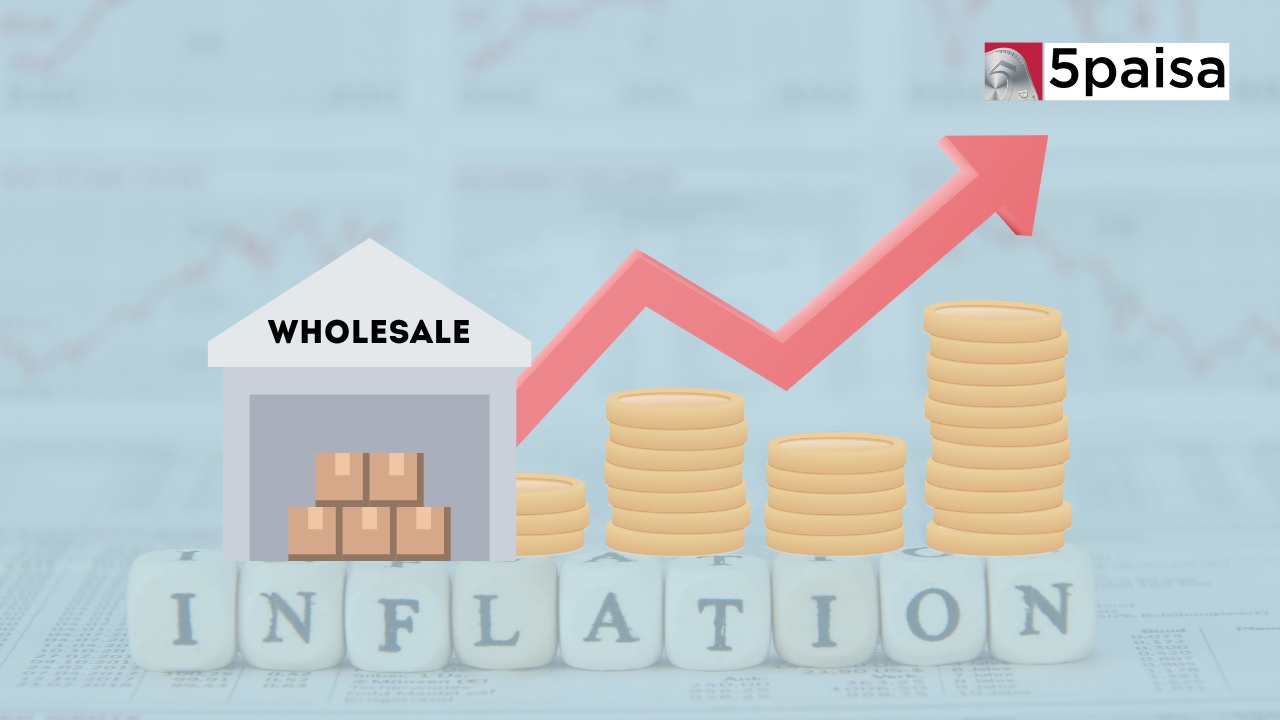L&T Eyes $50-$60 Billion Projects by FY25, Plans Major O2C Investments
You must know these things about the Wipro buyback

Last Updated: 28th April 2023 - 03:19 pm
After a gap of over 2 years, Wipro once again announced a buyback when it announced its March 2023 and full year FY23 results on 27th April 2023. The buyback will be huge in size at Rs. 12,000 crore and will be bigger than the previous buyback of Rs. 9,500 crore which was completed in early 2021. Effectively, this will be the first buyback done by Wipro in the last two years. It may be a good idea to announce a buyback of shares at an attractive price at a time when the overall financial performance of all the information technology (IT) companies are under pressure due to weak tech spending and pricing pressures.
Before we go to the details of the current buyback, let us quickly rewind to the previous buyback which started in late 2020 and completed in early 2021. The previous buyback began on December 29th, 2020 and was in operation till January 11th, 2021. The response to the buyback was fairly robust. For instance, shareholders of Wipro tendered a total of 22.89 crore equity shares under the buyback. This accounted for 96.4% of the total buyback size and the buyback amount aggregated to Rs. 9,156 crore, slightly lower than the targeted Rs. 9,500 core. In August 2019 also, Wipro had completed a Rs. 10,500 crore buyback program.
Key things you must know about the latest buyback announcement
Here is what investors and shareholders of Wipro must know about the buyback announcement by Wipro.
-
The board of Wipro has approved the proposal to buy back up to 26,96,62,921 (26.94 crore approximately) equity shares. This will entail a total cost of Rs12,000 crore to the company and represents 4.91% of the total paid-up equity shares of Wipro Ltd.
-
Let us now turn to the floor price of the buyback, which is the base minimum price at which the company will buy back the shares from shareholders. The floor price for the buyback has been set at Rs445 per equity share. As of 28th April 2023, the stock of Wipro is trading at Rs385 per share so the current buyback price announced represents a premium of 11.7% to the market price. This would keep fluctuating based on the market price of the stock.
-
Members of the promoter and promoter group of the company (Azim Premji and family) have indicated their intention to participate in the buyback offer. That means, they would also be partially monetizing their holdings through the buyback. However, the promoter group already holds more than 72% of the capital of Wipro currently.
-
In terms of the next steps for the buyback proposes, the first step is to seek shareholder approval for the buyback via a special resolution through a postal ballot. The buyback can become operational only after the special resolution is passed. After that happens, the record date for the buyback and other timelines would be announced by the company. The process is expected to be completed quickly.
-
The promoters of Wipro, the Azim Premji family, are still the predominant owners of the company represented by Azim Premji, Yasmeen Premji, Rishad Premji and Tariq Premji. Currently as of the close of March 2023, the promoter group holds 400.19 crore equity shares in Wipro representing 72.92% of the total outstanding shares. As per SEBI norms, the free float has to be more than 25% for a company to stay listed. Apart from the promoters, the institutional shareholding in Wipro is also quite robust. For instance, the domestic financial institutions (DFIs) comprising of banks, insurers and mutual funds hold 15.04 crore equity shares or 2.74% of the capital of Wipro. In addition, the foreign portfolio investors (FPIs) hold 53.67 crore equity shares, representing 9.78% in Wipro. The balance 14.6% is held by the Indian public at large.
Will this buyback add value to Wipro shareholders?
The million dollar question is whether this buyback will really add value to the shareholders. There are two ways to look at it. Let us look at the optimistic side of the story. Typically, the buyback is expected to improve return on equity through the distribution of cash. Essentially, shareholders are better off as they are getting above the market price of the stock. It also improves the EPS of the company since the earnings of the company will be distributed across lesser shares. This will enhance the EPS and if we assume that the P/E remains constant, then the price should get a boost. Finally, as Buffett says, buybacks enhance the shareholding of the investors without investing an extra penny. But let us look at the other side of the buyback argument too.
The downside to the buyback story is that these buybacks are typically seen as signs of a cash rich company that does not have too many avenues to productively invest its money. That is where companies tend to lose out on valuations. TCS and Infosys have also given a series of buybacks but their valuations have either been stagnant or tapered. Eventually, what the buyback generates as higher EPS is frittered away in the form of lower P/E. The bottom line is that business in the IT sector is under stress, and that is not going away in a hurry.
- Flat ₹20 Brokerage
- Next-gen Trading
- Advance Charting
- Actionable Ideas
Trending on 5paisa
05
 Tanushree Jaiswal
Tanushree Jaiswal
Indian Market Related Articles
Disclaimer: Investment in securities market are subject to market risks, read all the related documents carefully before investing. For detailed disclaimer please Click here.
 5paisa Research Team
5paisa Research Team




